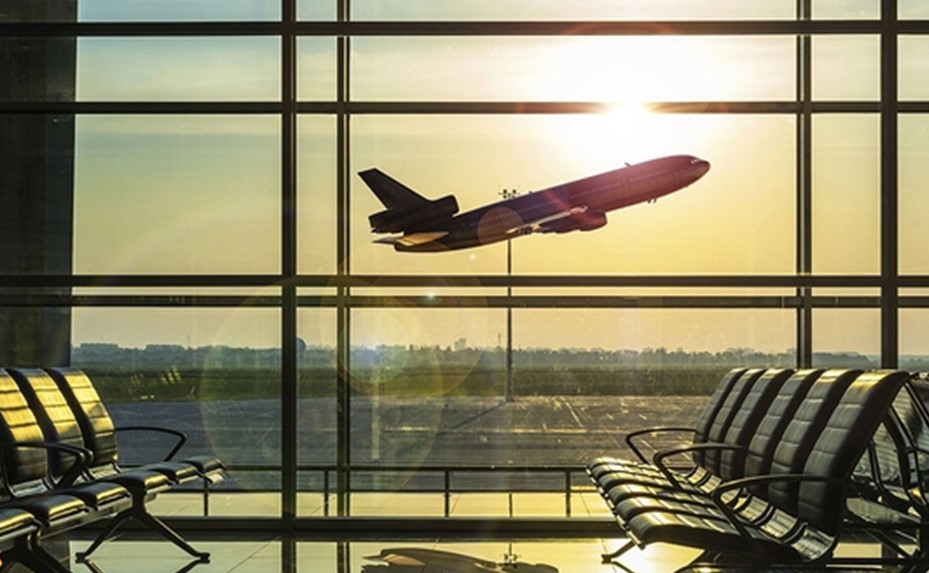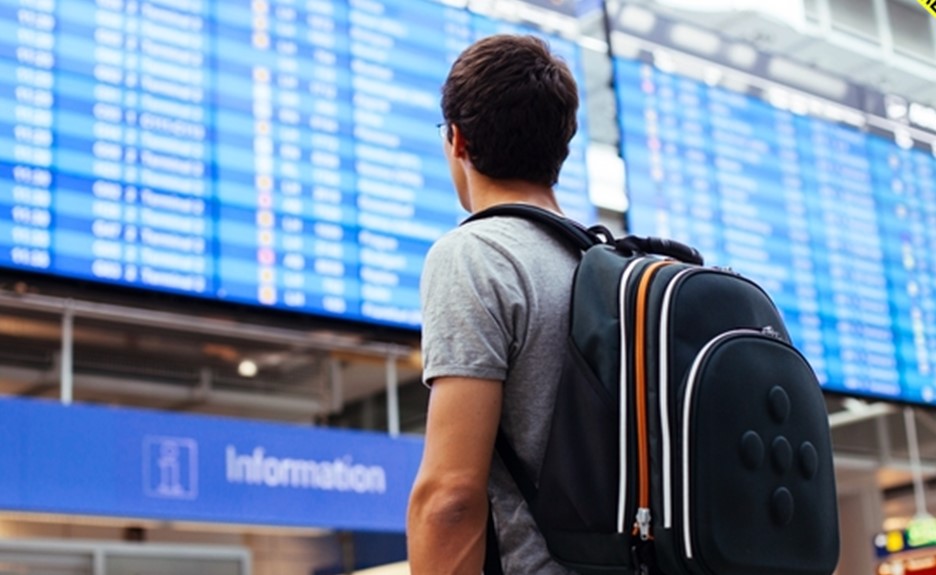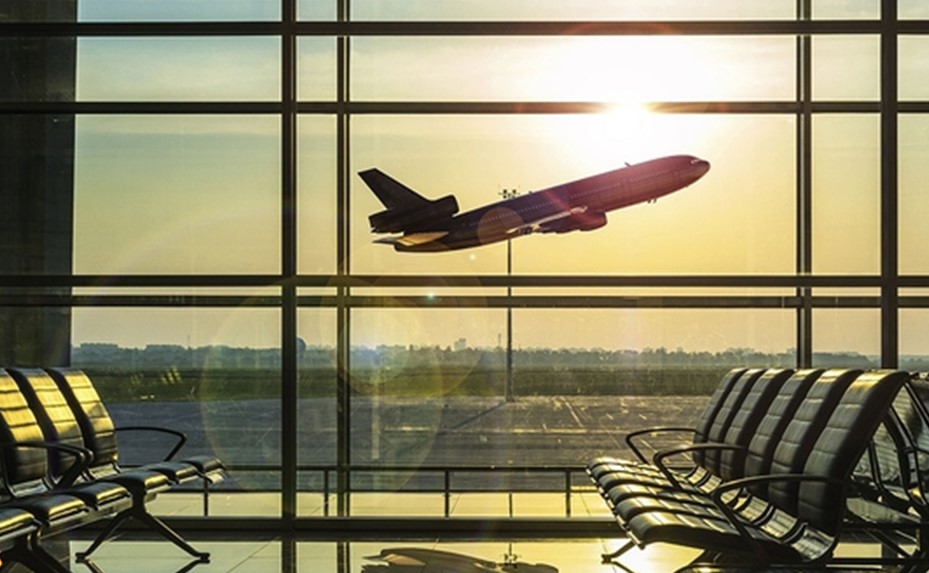A Guide to Airline Passenger Rights: What You Need to know
Know Your Rights
With so many protracted flight delays making headlines in recent days and weeks (most notably a 33-hour delay on WestJet), it’s perhaps a good time to be sure that passengers fully understand their rights and remedies when stuck in such a situation.
Per a recent study from AirHelp, more than 90 percent of U.S. passengers do not know their rights. “The airline industry is failing passengers,” AirHelp CEO Henrik Zillmer told TravelPulse. “It’s clear that air passengers still feel powerless against airlines.”

Flying in the U.S. Versus Europe
U.S. air passengers are unfortunately not afforded many legal protections on domestic flights when there’s a flight delay, explained Zillmer. “However, on international flights, if flying to the EU on an EU airline, or flying from the EU to the U.S., travelers are able to claim compensation for any flight disruptions they experienced.”
European law EC 261 is what allows passengers to claim compensation. Generally, EC 261 covers all flights to the EU on an EU airline, and all flights departing from the EU, said Zillmer.
What Exactly Can Be Claimed?
Under EC 261, travelers may claim financial compensation of up to $700 per person if they experience lengthy delays, cancellations and boarding denials that are the fault of the airline, and not due to extraordinary circumstances like terrorism or bad weather, Zillmer said.
“Generally speaking, U.S. travelers’ rights for getting compensation for disruptions are dependent on both the circumstances as well as the airports their flights are departing from or flying into,” noted Zillmer.
Flight Delays of Five Hours or More
If your flight is eligible under EC 261 and you experience a delay of five hours or longer, you’re entitled to a full or partial refund of your original ticket, if needed, in addition to compensation of up to $700, according to AirHelp.
Flight Delays of Five Hours or More
If your flight is eligible under EC 261 and you experience a delay of five hours or longer, you’re entitled to a full or partial refund of your original ticket, if needed, in addition to compensation of up to $700, according to AirHelp.
Two Hour Delays
When you’re stuck at the airport waiting for the airline to get you back on track, under EC 261 you’re entitled to necessary assistance from the airline, depending on your situation, Zillmer explained.
“The carrier must provide you with meals and refreshments during the delay,” he said. “They must also offer you access to communications, including two telephone calls, telefax or fax messages, and emails.” If you need overnight accommodation, they must provide you with a hotel room and transport to and from the airport.

How to Get Compensated Under U.S. Law
There are certain instances under U.S. national law that allow for being compensated during a flight delay, according to AirHelp. For instance, if your flight has been oversold and you’ve been bumped, and your new domestic flight delivers you to your destination more than two hours later than the original flight, (or more than four hours later for international flights) you’re entitled to 400 percent of the one-way fare, but not to exceed $1,350. In these instances, you can request compensation under US law if your flight was overbooked and you were involuntarily denied boarding due to the overbooking.
Compensation Specific to Domestic U.S. Flights
If your flight has been oversold and you’ve been bumped, and your new domestic flight gets you to your destination between one to two hours later than your original flight, you’re to be compensated 200 percent of the one-way fare, not to exceed $675, according to AirHelp.
International Flights
On flights originating in the United States, if the delay at your final destination, compared to your originally scheduled arrival time, is between one and four hours, you may be able to get compensated as much as 200 percent of your one-way fare, but not exceeding $675.
You Also Have Rights When It Comes to Luggage
Under the Montreal Convention, passengers also have rights tied to luggage issues, said AirHelp. “Since 2003, the Montreal Convention has provided airline passengers with certain rights to compensation on international flights between participating countries,” said Zillmer.
More than 120 nations ratified the convention, including Canada. No matter what type of issue is involved, from flight disruptions or baggage problems, the Montreal Convention is there to help you. “If you miss a prepaid reservation, have to pay for an extra night at a hotel, or rack up any other unforeseen expenses due to air travel problems, you can get reimbursed,” said Zillmer.
Keep Receipts
In order to be reimbursed, it is important to able to prove you had expenses, so keeping receipts is critical, said Zillmer. In case of flight delays, you may claim up to $6,329.68. Luggage problems may entitle you to a compensation of $1,525.11.
Don’t Waste Any Time Filing Claims
As a general rule, the right to damages expires if a passenger doesn’t bring an action within two years. Luggage complaints, in particular, are subject to time limits. For instance, damage to luggage needs to be reported within seven days of receipt. Complaints surrounding delayed luggage should be filed within 21 days. Luggage that doesn’t arrive within 21 days, is considered lost, said AirHelp. After this period there are no time limits for complaints.
Extraordinary Circumstances
There are certain conditions not covered by the Montreal Convention. These include bad weather, lightning, medical emergencies, air traffic control restrictions, sudden malfunctioning of the airport radar, sabotage, political unrest, and acts of terrorism. All of these things are considered beyond the airline’s control.
Save Your Flight Documents
One thing passengers should do before and after a flight is hold onto all travel documents, including the boarding pass and airport receipts, said Zillmer. “By holding onto your airport receipts, you can show proof of extra expenses incurred as a result of the delay, as you may be able to get reimbursed,” he said.
Ask Questions
In the event that your flight is delayed, you should immediately ask why, said Zillmer. “The more specific the reason the airline gives for the disruption, the better,” he explained. For example, if the airline tells you that a flight is delayed due to “technical issues” then this information can help you to file for compensation more easily down the line. After asking the reason for your flight disruption, you should immediately check to see whether you’re eligible to claim compensation under US law or the EU law, EC 261.
AirHelp Was Created with These Issues in Mind
Travelers often struggle with understanding the laws, which can get very complicated, so if you are unsure about whether you’re eligible for compensation under EC 261, try using AirHelp’s in-app Boarding Pass Scanner to check your eligibility. Or visit the AirHelp website here.
By: Mia Taylor, Junary 2019, A Guide to Airline Passenger Rights: What You Need to Know, Travel pulse, recovered from: https://www.travelpulse.com/gallery/airlines/a-guide-to-airline-passenger-rights-what-you-need-to-know.html?image=16






